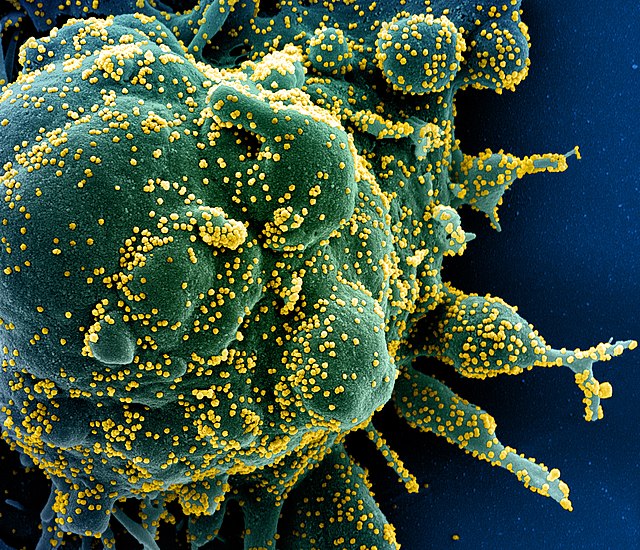The Pandemic “Ends” in May
February 27, 2023
Good news, everyone! According to the federal government, the COVID-19 pandemic will be officially declassified from a national health emergency on May 11. The decision resulted from national and state health authorities’ desire to have a transition period, extending the period of health and national emergency over the pandemic from Mar. 1 and Apr. 11, respectively. So great, the pandemic won’t be a pandemic soon. Now what?
The House of Representatives passed a bill called “The Pandemic is Over Act,” which calls for the termination of the public health emergency declared on Jan. 31, 2020. Put simply, this declares that the federal government recognizes the severity of SARS-CoV-2 virus as being able to start a pandemic.
“It’s finally over?” commented Junior Alan Koh. “I didn’t know that. The pandemic has gone on for so long now that I’ve grown numb to it. It’s kind of become my life and existence.”
The declaration passed in 2020 stems from Sec. 319 of the Public Health Service Act, which grants the government “the right to fund, declare, and provide any services to fight a pandemic.” The main clause of the “Pandemic is Over Act” is how the federal government cannot renew the declaration of the COVID-19 pandemic for 60 additional days after the act passes the bicameral Congress. The bill passed the newly Republican-led House on Jan. 27, making it one of the first bills to be passed by the 118th Congress.
The act’s passage will greatly impact the availability of medical resources to prevent the pandemic. The status of COVID-19 as a pandemic has expanded the capacity of the American healthcare system, most notably the eligibility requirements for social programs like Medicaid, as the service is legally bound not to decrease its member count during a pandemic. Hospitals, clinics, insurance companies, and emergency services will have the dilemma of downsizing to a pre-pandemic level while supporting the conditions to treat patients with COVID.
The other major aspect of the declassification is the new costs for medical supplies to people unfamiliar with paying for these supplies. Items like masks, vaccines, COVID treatment pills, and face shields will not be freely provided or be priced as low. Moderna, one of the companies that made the COVID-19 vaccine, claims that the vaccine will cost $80-$100 per dose if the restriction is gone.
While this will have obvious financial consequences, the passage of the bill ending funding for the pandemic can finally help determine the government-sanctioned end of COVID-19’s three year reign.
Photo courtesy of Wikimedia Commons

